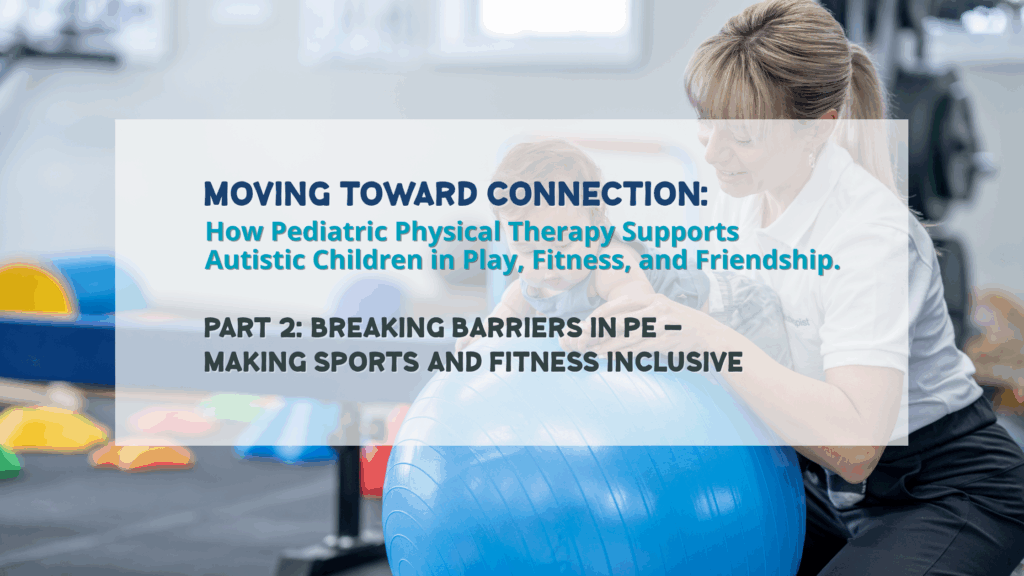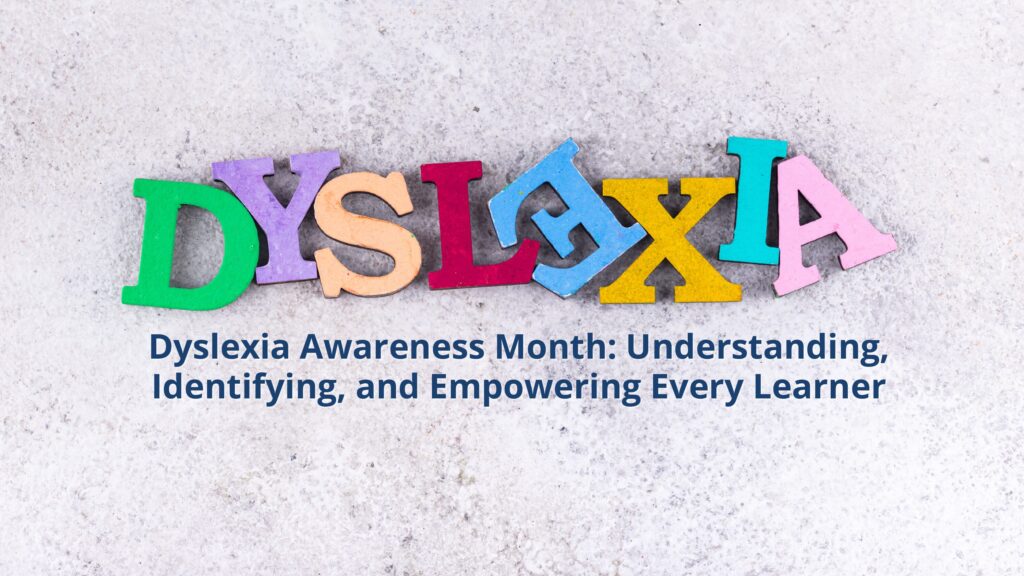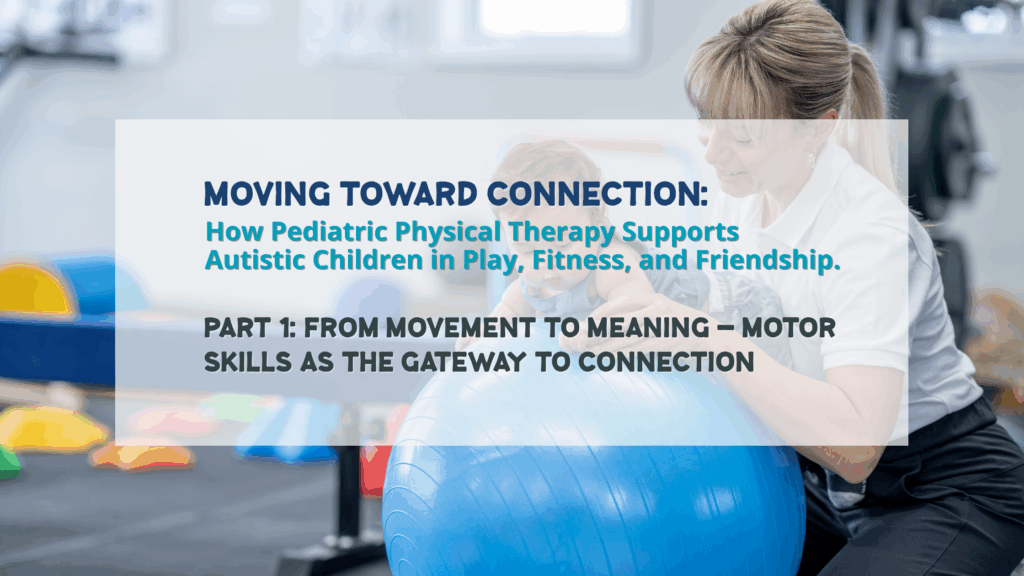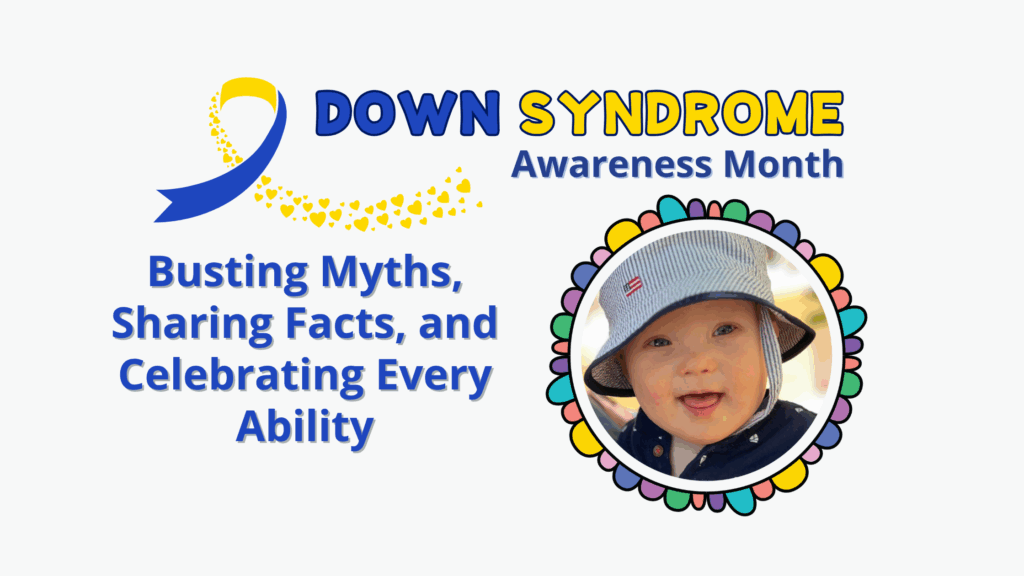September 10 is World Suicide Prevention Day, a time to raise awareness, reduce stigma, and remind one another that suicide is preventable. Millions of people worldwide are impacted by suicide—whether personally struggling or supporting someone they love. While these conversations can feel heavy, they are also filled with hope: with the right support and resources, lives can be saved.
By understanding both, you can be better prepared to take action—whether for yourself or for someone else.
What to Do if You Are Feeling Suicidal
If you are experiencing thoughts of suicide, please know: you are not alone, and help is available. Suicidal thoughts do not mean you are weak or broken—they are a signal that you are in deep pain and need support.
Here are immediate steps you can take:
1. Reach out for help right away
Talking to someone can lessen the intensity of suicidal thoughts. Consider reaching out to:
- A trusted family member or close friend
- A mental health professional (therapist, counselor, or psychiatrist)
- A mentor, teacher, or spiritual leader
- A crisis counselor through a hotline (see phone numbers below)
2. Call or text a crisis line
Trained professionals are available 24/7 to listen and provide confidential support:
- 988 Suicide & Crisis Lifeline (U.S.): Dial 988 to be connected with trained crisis counselors. Available by phone, chat, or text.
- Crisis Text Line: Text HELLO to 741741 (U.S. and Canada).
- Veterans Crisis Line: Dial 988 and press 1 (U.S. veterans and service members).
- Trevor Project: Call 1-866-488-7386 or text “START” to 678-678 (for LGBTQ+ youth).
- International Support: Visit findahelpline.com for hotlines in your country.
3. Make your environment safe
If you are in immediate danger of acting on suicidal thoughts, remove or have someone else safeguard potential means of harm (weapons, medications, alcohol, etc.).
4. Ground yourself in the moment
When thoughts become overwhelming, try strategies to reconnect with the present:
- Slow breathing exercises
- Name 5 things you see, 4 things you feel, 3 things you hear, 2 things you smell, 1 thing you taste
- Listening to calming music or going for a walk
5. Develop a safety plan
A safety plan is a written list of coping strategies and contacts you can turn to when you’re struggling. It usually includes:
- Warning signs that a crisis may be building
- Personal coping strategies
- People you can call for distraction or support
- Professionals and crisis lines to reach out to
- Steps to make your environment safe
If you don’t have one, a counselor or trusted friend can help you create one.
6. Remember: crisis does not last forever
Suicidal thoughts can feel permanent, but they often pass with time and the right support. Reaching out is the first step toward healing.
If you are in immediate danger, call 911 or your local emergency number right away.
Recognizing the Warning Signs of Suicide
Sometimes, suicide can seem to come without warning, but many people do show signs that they are struggling. Recognizing these warning signs in yourself or others can be lifesaving.
Emotional and verbal signs:
- Talking about wanting to die or expressing hopelessness
- Saying things like “I can’t do this anymore,” “Everyone would be better off without me,” or “There’s no way out”
- Feeling like a burden to others
Behavioral signs:
- Withdrawing from friends, family, or activities
- Giving away prized possessions or getting affairs in order
- Increased use of drugs or alcohol
- Engaging in risky behaviors, like reckless driving
- Drastic changes in eating or sleeping patterns
- Searching online for ways to die
Mood-related signs:
- Severe depression or anxiety
- Irritability or anger outbursts
- Emotional numbness or detachment
- Sudden calmness or relief after a long period of despair (which can sometimes signal a decision to act)
How You Can Help Someone Who Is Struggling
If you notice someone showing these signs:
- Ask directly and without judgment. Saying, “Are you thinking about suicide?” does not plant the idea—it opens the door for honest conversation.
- Listen and show empathy. Sometimes, simply listening without trying to “fix” can bring enormous relief.
- Encourage professional help. Suggest calling a therapist, doctor, or crisis hotline. Offer to go with them if they are scared.
- Stay connected. Check in regularly and let them know they are not alone.
- Take action if necessary. If they are in immediate danger, do not leave them alone—call 911 or take them to the nearest emergency room.
Together, We Can Save Lives
Suicide prevention is not only about crisis intervention—it’s about creating a culture of compassion, understanding, and connection. Whether you are reaching out for yourself or supporting someone else, remember: there is always hope, and help is always available.
If you or someone you know is struggling, please call 988 in the U.S. or visit findahelpline.com for international resources.

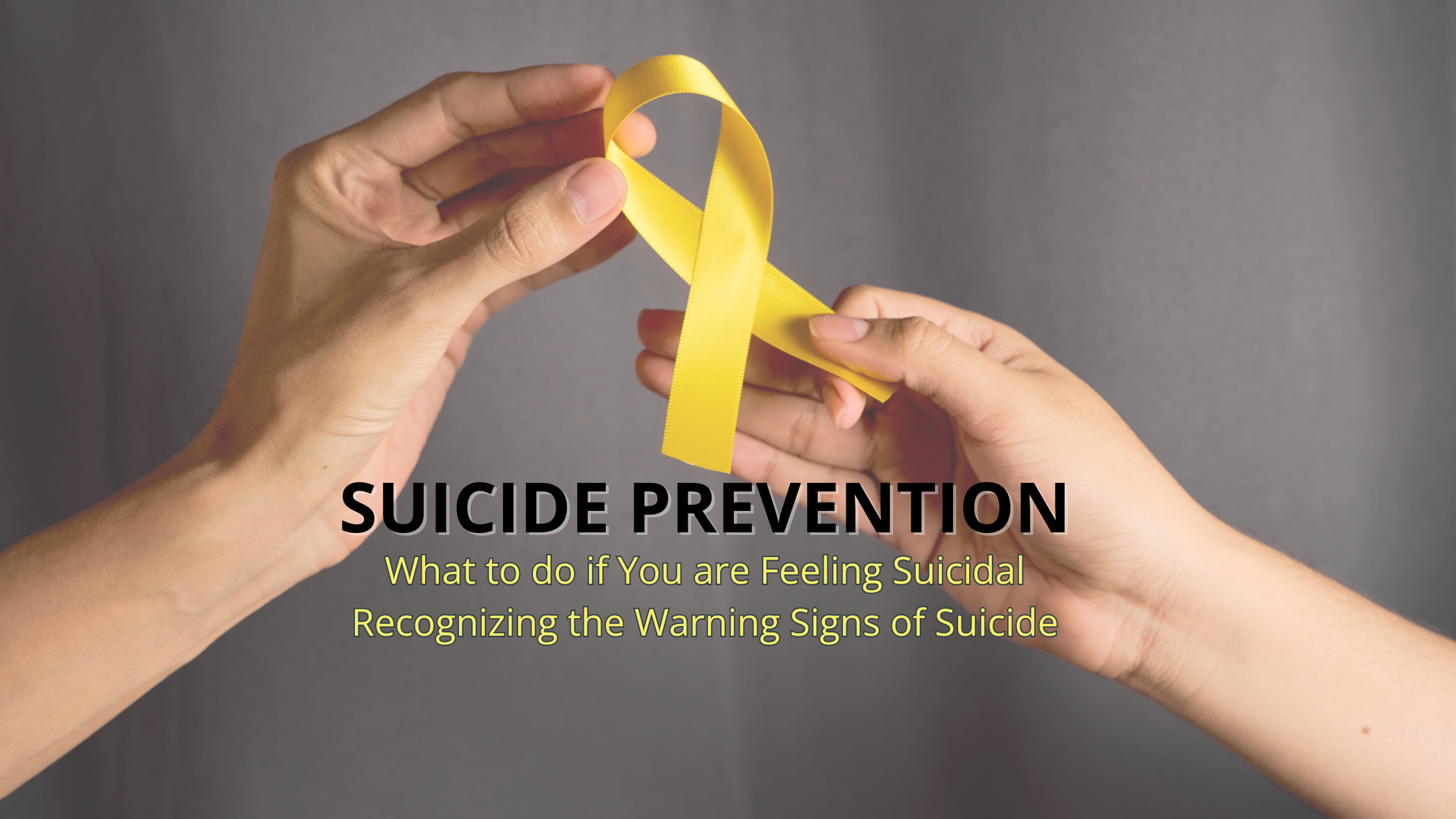
 10 Sep 2025
10 Sep 2025 
